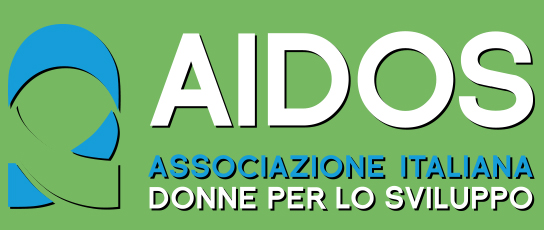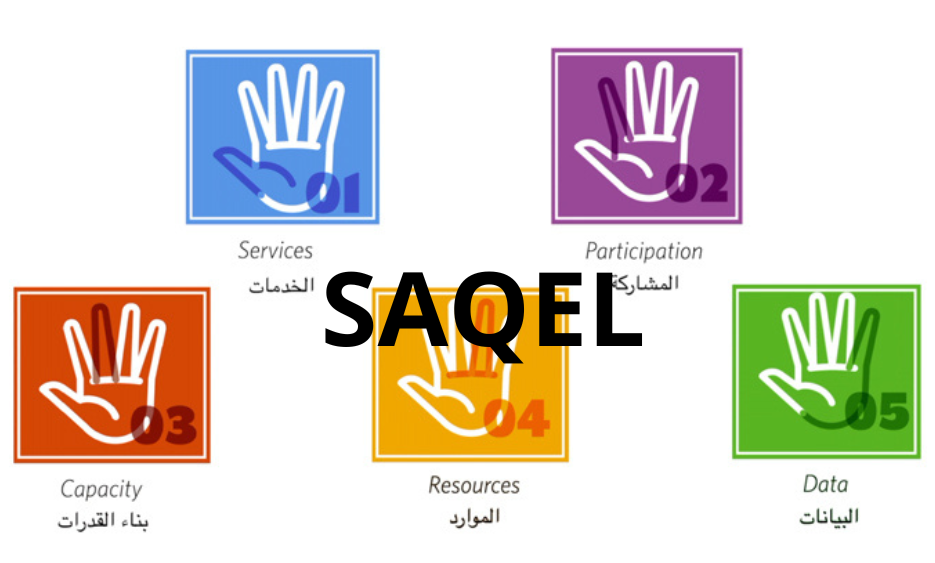Economic empowerment / Capacity building / Reproductive health
WHERE
Jordan: Governorate of Irbid, districts of Mazar al Shamali, and of: Al hi Al Janubi (Irbid city); Governorate of Zarqa, district of Jabal Al Shamali, city of Rusaifah
PARTNER
COOPI in partnership with AIDOS and local partners Education for Employment (EFE) -Jordan ; Arab Renaissance for Democracy and Development (ARDD)
BACKGROUND
According to UNHCR estimates, Jordan is hosting 670,637 registered Syrian refugees. 19% live in refugee camps, while the vast majority live outside them, mainly in the project’s target governorates. The unemployment rate in the first quarter of 2021 was 25% with a preponderance of female unemployment over male unemployment. The situation was further aggravated by the COVID-19 pandemic. Restrictions imposed by the Jordanian government caused the suspension of all economic activities resulting in a decrease in household income among the refugee population. Despite the plans put in place by the government to address the health and socioeconomic impact of the pandemic, the unemployment rate in the fourth quarter of 2020 was 24.7 percent, compared to 19 percent in the same period of the previous year. The situation was particularly difficult for women, whose unemployment rate in the fourth quarter of 2020 was significantly higher than that of men. The pandemic has especially damaged micro and small enterprises, with modest participation of women within them and a clear gender preference towards male workers. Women who are heads of households and at risk or victims of gender-based violence are particularly vulnerable, while those with disabilities face even greater risks of exploitation and often do worn-out and low-quality work, with inadequate wages and no security. Their participation to the labour force is further hindered by lack of adequate infrastructure and regulations and also by stigma and stereotypes.
GOALS
Overall objective: to improve the socio-economic conditions of Syrian refugees and vulnerable population of host communities in Jordan, fostering their inclusive access to income opportunities especially for the most vulnerable population, particularly women, youth and persons with disabilities.
Specific objectives:
- supporting the creation and strengthening of micro and small businesses entrepreneurial activities in line with the needs of the market;
- promoting economic growth, while respecting the standards of decent work
BENEFICIAIRES
Direct beneficiaries
100 beneficiaries interested in starting an economic activity and 140 beneficiaries among those who already have an active economic activity or who are employed in income-generating activities within the CBOs, for a total of 240 entrepreneurs. Priority will be given to women, particularly those who are single heads of households or survivors and/or at risk of violence. A 5% of the beneficiaries will be persons with disabilities. The project will also strengthen the skills of 4 local CBOs for a total of 110 people.
Indirect beneficiaries
The target populations of the districts of Mazar al Shamali (about 67,178 inhabitants) and Irbid city i (about 307,480 inhabitants) in Irbid Governorate and the city of Rusaifah (about 268,237 inhabitants) in Zarqa Governorate.
ACTIVITIES
Activities aimed at creating/strengthening small businesses: Job orientation and follow up of entrepreneurial activities (training; support in preparing business plans once trainings are completed; follow-up activities). Technical and managerial training, product design & development (for textiles/accessories and food processing) to provide beneficiaries with the skills they need to start or improve their home-based businesses (HBBs). Legal advisory services to make beneficiaries aware of the labour legislation and for business registration; Counselling services and awareness sessions on reproductive health, family planning and for persons with disabilities (screening and management of cases of sexual and gender-based violence, individual and group therapy, referral of cases within the clinics or to specialized external structures, access to diagnosis, prevention and treatment services for persons with disabilities); Provision of in kind support for small entrepreneurial activities and business follow up. Selected business plans will receive in-kind support for the activities and materials envisaged in the business plan (purchase of equipment, purchase of stock and furniture….)
Activities involving CBOs: Training and capacity building to CBOs staff on a gender approach to entrepreneurship, reproductive health and gender-based violence in order to make programs more easily accessible to women; ToT to CBOs on life skills to strengthen staff’s skills; Organization of specific meetings aimed at connecting CBOs with entrepreneurial activities active in the area, and with financial institutions; Training and assistance in marketing to support the sustainability and economic growth of CBOs; Support for childcare services to meet the needs of working women through the provision of play and recreational activities within CBOs.
EXPECTED RESULTS
- Facilitated the creation and strengthening of micro and small business activities for Syrian refugees and vulnerable Jordanians
- Strengthened the skills of community associations/initiatives to promote economic practices in line with decent work standards
WHEN
18 months 04/04/2022 – 30/09/2023
COST OF THE PROJECT
€ 1.218.250,00
WHO IS FINANCING
Italian Agency for Development Cooperation – AICS Amman (€1.200.000,00), COOPI, AIDOS, EFE-Jordan

